In my on-going effort to show everyone how new media can help them in their business, career and life, I am often meet with skepticism and resistance. Years ago, the Internet created a huge opportunity for everyone to create their own media and, for the first time ever, easily distribute directly to their audience. Still, despite the relative popularity and success of sites like YouTube, only a fraction of the population creates media, despite the obvious benefits.
More and more I am inclined to ask, “What are you waiting for?” In that regard, I offer some typical excuses for not using new media and, hopefully, a few good answers that might give people a reason to adopt new media as one of their tools.
I don’t have anything to say
If you truly don’t have anything to say about your business, your career or your life, then you have larger problems than simply ignoring new media. Regardless of what you do, life is about sales — selling your products, your services or yourself. If you can’t articulate what makes you and your work special, then no one can. We all have a unique set of skills and experience that make us special. Communicating that uniqueness should be of the utmost importance and new media is the best tool we have to it with the world.
It’s too hard — and too expensive
Several years ago, new media was too hard. It required expensive computers and lots of time. Before sites such as YouTube, you needed to be quite knowledgeable to distribute your audio and video. Today, though, creating your own video and audio and distributing it online is easy and cheap. Using a free online service like YouTube or Blip.tv, you can create your own channel today for no more cost than that of you existing Internet connection. If you are producing short pieces and can shoot them in one or two pieces, there is little editing to be done. You can even record directly into YouTube or Seesmic and your video goes live almost immediately. Even more, most sites allow you to easily embed your newly created video in any web site or blog, merely by cutting and pasting a few lines of text.
Even more, you can learn all you need to know through online sources, as part of a free user group, like my own New Media Interchange (http://newmediainterchange.com) or through relatively inexpensive training at community colleges and universities.
I don’t have time
Whenever someone tells me they don’t have time for new media, I tell them they will have plenty of time after their business fails or they start losing their biggest clients. While traditional advertising methods might still work for a few very traditional businesses, their overall power is rapidly diminishing. When was the last time you used a traditional Yellow Pages?” When did you last make a purchasing decision based on a television or newspaper ad. Instead, you probably looked to the Internet for more information and reviews. You might have asked your online friends for recommendations. In many cases you are already using new media in your own life, why not use it in your business?
I can’t make money?
First, you don’t typically make money on new media directly. You use it to sell products and services. You give away some information for free — educate people — so they come to trust your skills and knowledge. Sure, some people might make money on their new media shows, but even that typically comes from sponsorship and advertising sales, not direct viewer payments. The first use of new media is to build your existing business and reputation.
No one will watch it
The fact is, most of us have no idea who the audience is for something we might produce. You can never tell what might catch the world’s attention. This is why you must create something, put it out there and see who watches. You can never tell where you next big business deal, your next big client or your next great job might come from. Your goal should be to make yourself and your company as visible as possible so that people can “stumble across” you. The chances of you being discovered is nearly zero, if you don’t produce new media. Producing something and distributing it via the Internet raises your chances above zero, sometimes to an amazing level. Don’t pre-suppose that you have no audience. You won’t know until you actually do something.
What are you waiting for?
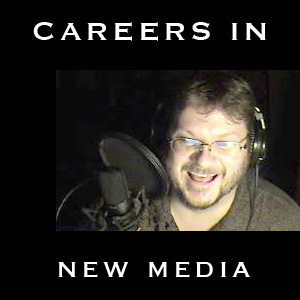
![Reblog this post [with Zemanta]](http://img.zemanta.com/reblog_e.png?x-id=ba765359-f10e-40ba-bd08-89f26e30433a)



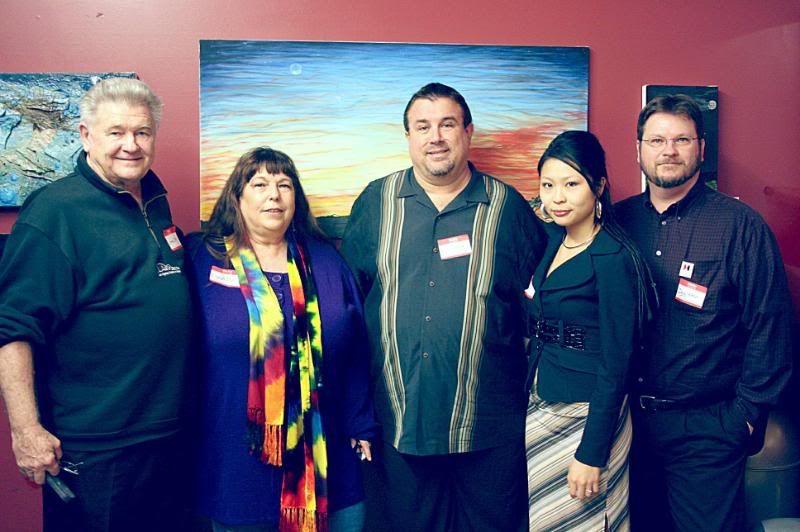
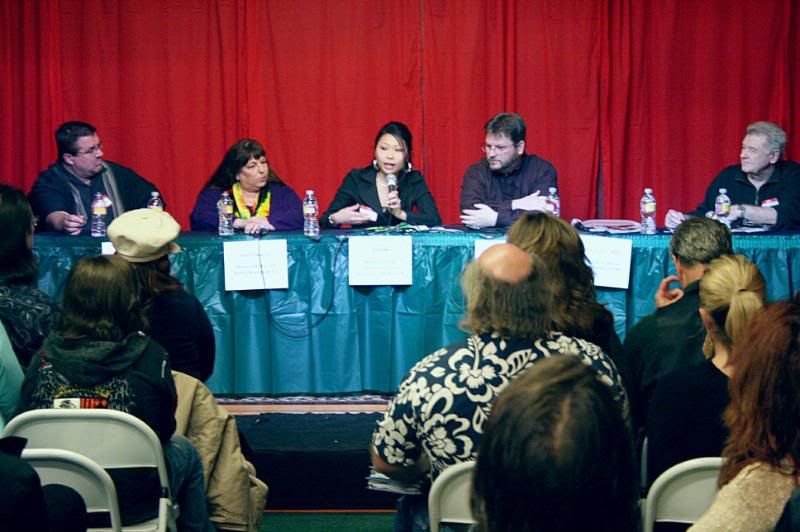
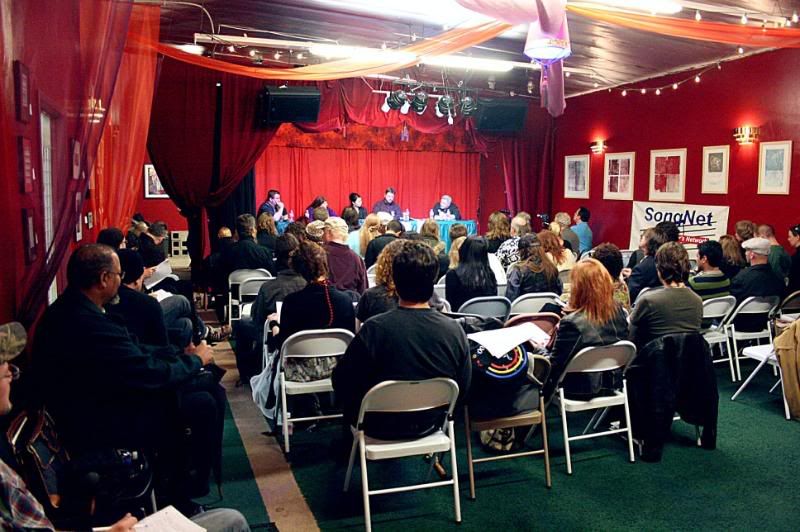

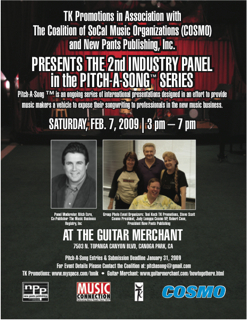 On February 7, 2009, TK Promotions in association with the
On February 7, 2009, TK Promotions in association with the  We present our 3rd Annual LIVE Reading of Dicken’s A Christmas Carol from Sunday, December 21, 2008 as our holiday present to you.
We present our 3rd Annual LIVE Reading of Dicken’s A Christmas Carol from Sunday, December 21, 2008 as our holiday present to you.